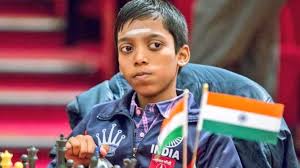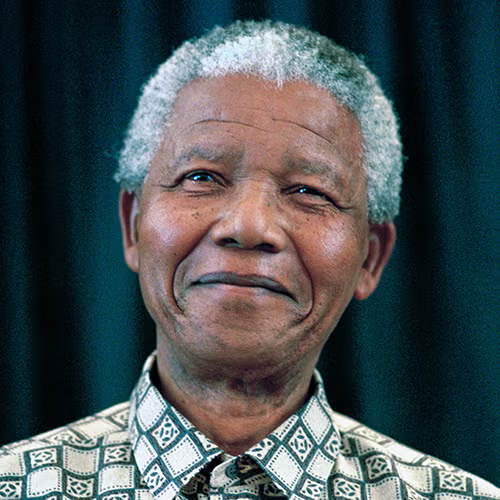Praggnanandhaa,16, beat Magnus Carlsen in a stunning upset, becoming the third Indian to defeat the world champion recently.
By the 38th move, the champion realized that the end of the game was in sight. The Indian prodigy had boxed his king into a corner, leaving his king with a single safe square for refuge.
Sixteen-year-old Indian Chess Grand Master, Rameshbabu Praggnanandhaa, laid out the traps beautifully with Black. This culminated in moving his light-squared bishop to the c2 square, cordoning off the white queen’s ties with the second rank.

Both Praggnanandhaa and Carlsen knew the game was over and beyond redemption for the losing champion.
The 16-year-old chess grandmaster sank back into his chair, shook his head, and rested a palm against his face in mild disbelief as Carlsen promptly resigned after 39 moves.
Praggnanandhaa had just become the third Indian to beat Carlsen in a tournament play, coming after Viswanathan Anand and P Harikrishna, a woman.
The massive moment in the Indian teen’s young career arrived in the early hours of Monday at the Airthings Masters, a 16-player online rapid tournament.
It’s the first leg of the Play Magnus group-run Champions Chess Tour.
The round-robin is scored football-style – three points (and $750) for a win, and one point (and $250) for each draw.
Each player has 15 minutes for all moves plus a 10 second per move increment.
Kell Brook Knocked Out Amir Khan in the Sixth Round
Ghanaian Footballer Released by His Club for Being Cursed
Marvin Hagler: A Tribute To The Life Of A Great Pugilist
Outgoing VP Mike Pence Reach Out to Kamala Harris
Jankariwo: The Fountain of Metaphor, Clarity & Dissimilitude
Israel Adesanya beats Yoel Romero to Retain Middleweight Title
Prince Harry Appointed Chief Impact Officer at BetterUp
What Went Wrong for Magnus Carlsen?
As at Move 32, the chess game was even and appeared to be an equal endgame.
However, Magnus Carlsen made a tactical blunder. He trapped his own knight by pushing it to the c3 square.
Chess engines went wild, giving Black the overwhelming odds for a win.
Praggnanandhaa leaned forward over his screen, and his surprised pupils filled the webcam feed.
He just needed seven more moves to tuck into a win.
And win he did.
To wind his body clock and mind to stay focused through games that start late at night in India and spill into the early hours, Praggnanandhaa began work 10 days in advance.
He tweaked his sleep and training schedule to mimic the tournament timings.
The Indian began on a disastrous note on Day 1, losing three games.
Day 2 turned out to be a world apart.
Within the space of a few hours, he had a win each against two top-10 players – Levon Aronian and Carlsen.
Further, outwitting a player of Carlsen’s strength without White’s first-mover advantage deserves even more credit.
“What I really admire about him is that the he takes the hit and handle it his own way, as the song goes,”
Anand, who mentors Praggnanandhaa along with other teens Indian, said:
“In Wijk aan Zee he had some really tough blows but still fought and beat (Andrey) Esipenko in the last round.
The first day in the current tournament was really bad for him, but he came up with two very good wins on the second day.
His fighting spirit is something.”

A Precocious Talent
Praggnanandhaa was always something of a precocious talent.
In 2016, he became the youngest International Master in history – at 10 years, 10 months and 19 days.
Two years later, at 12 years, ten months, and 13 days, he became the second-youngest Grand Master after Sergey Karjakin.
Today, at sixteen, he belongs to the group of Indian teens who are throwing down the gauntlet on the world chess circuit.
“Before the pandemic, he was in a really good form and reached 2600 Elo rating at 14.
The long break in tournaments impacted him quite a bit, particularly in confidence,” Praggnanandhaa’s coach RB Ramesh said.
The coach further said, “His results in the past six months have swung between extremes. In some games, he has been playing like a 2750 player, in others, he’s operating at a 2550 level. The fluctuation can be worrying and needs to be stabilized. This win against Magnus is important. Beating one of the strongest players in chess history is a huge moment for him.”
Soon after his win past 2 AM, when asked if he had any celebratory plans, Praggnanandhaa could only think of one possible way to unwind. “I’m just going to go to bed.”
Congratulations to the teenage Grand Master.





















































































